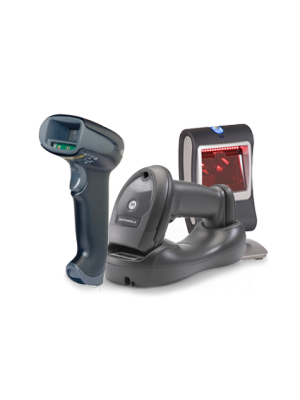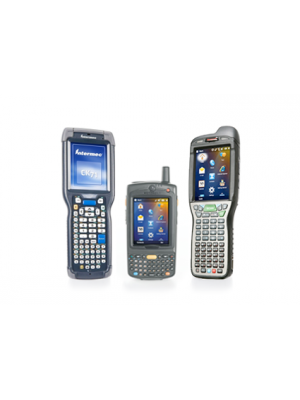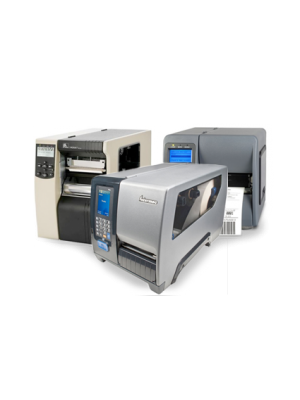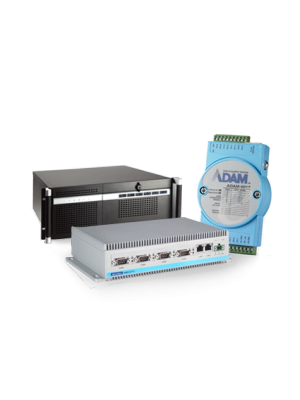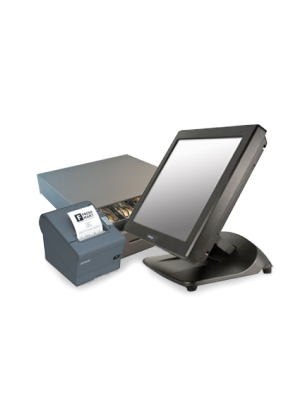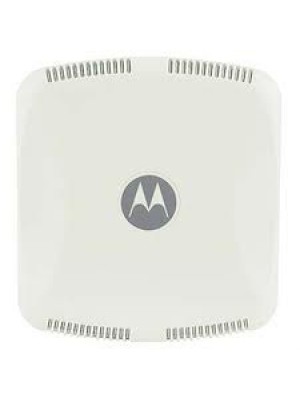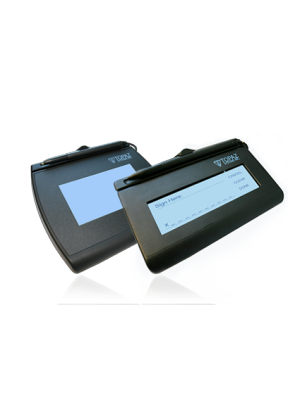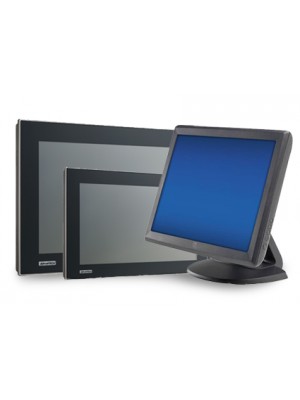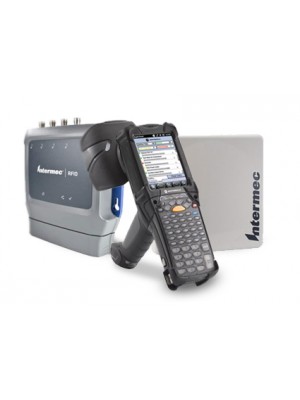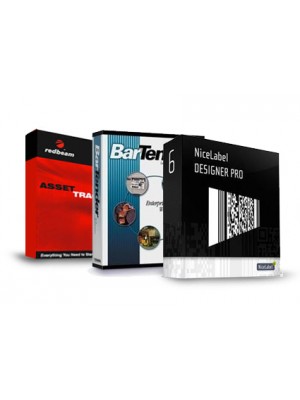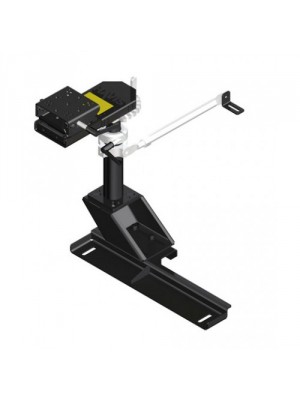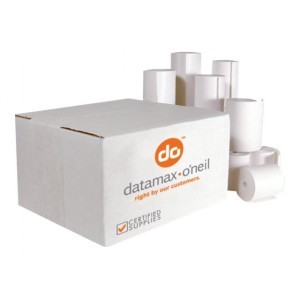Thanks for stopping back to read Part 2 of my blog about tracking the massive amounts of paperwork involved with Advanced Placement (AP) high school courses and the College Board. In case you missed it, you can read Part 1 here.
Keeping Track of Over 4,000,000 Exams
The College Board is the company that develops and scores AP courses and exams in accordance with the general guidelines and rigor of a college course. Each year when exam time rolls around (early May), the College Board is responsible for tracking every single one of the 4,000,000+ exams that students have taken. The College Board must make sure each exam receives a grade and each grade makes it back to the correct student.
Data Collection
In order to make this possible, the process is started at the beginning of the school year. Forms are sent to every school with students participating in the program. The forms collect all the relevant information needed to identify each student uniquely (name, address, etc.). The school then collects all the forms after they are filled out, and sends them back to the College Board.
With millions of students taking AP exams, there are bound to be repeats in names, but requiring each student to write additional identifying information would add time to an already hectic process and increase the likelihood of errors, such as misspellings and illegibility.
Organizing the Data
The College Board’s solution to this problem is both elegant and robust, and, in my opinion, is a good indicator of schools finally stepping up to the level of technology use that is seen in almost all other industries.
Each student is assigned an AP Number that identifies them, and then that number is also translated into a barcode. That barcode is then printed about 20 times for each student on individual paper labels with permanent adhesive. The student brings these labels to each of their exams, and they place one on every test booklet and answer key that they receive.
Directly following each exam, the high school is responsible for sending all the exams back to College Board Headquarters in Salt Lake City. Each academic subject has a set grading period and location, so after the exams are received, they are immediately prepared to be shipped out again to the correct facility.
Automatic Accuracy
Once received by the assigned facility, the packages are opened and a massive team of teachers equipped with grading materials, computers, and barcode scanners begins to work through them. Before each test is graded, the answer key and test booklet barcodes are scanned to ensure that they match up. Once an exam has been graded, it will indicate so when scanned again, which eliminates the possibility of grading a test twice.
After all of the tests for a specific subject are graded, computer software can be utilized that displays which students’ tests have been graded and compares it to the list of all the students registered for that exam. If there is a discrepancy, the software will indicate such and the College Board can investigate.
Tried-and-True Flexibility
Although this is just one example of the effectiveness of barcoding in track and trace applications, barcode systems are effective in numerous industries for reducing inventory errors and speeding up the traceability process.
If you have any questions about how barcode systems can help your company track and trace, we would be happy to answer them and explain more. Just call, email, or use our store’s Live Chat feature to talk to one of our tech experts today!
For those of you interested in the possibilities of barcode systems, we offer a Free Online Barcode Generator as a fun means of exploring the world of barcodes a little more deeply:
 About the Author:
About the Author:
RAD DeRose is the President and CEO of L-Tron Corporation. He has over 30 years experience in industrial automation and data collection solutions and brings a deep industry knowledge-base on the challenges faced in the commercial and public safety sectors. RAD can be reached at (800)-830-9523 ext 114 or emailed at RAD.DeRose@L-Tron.com


